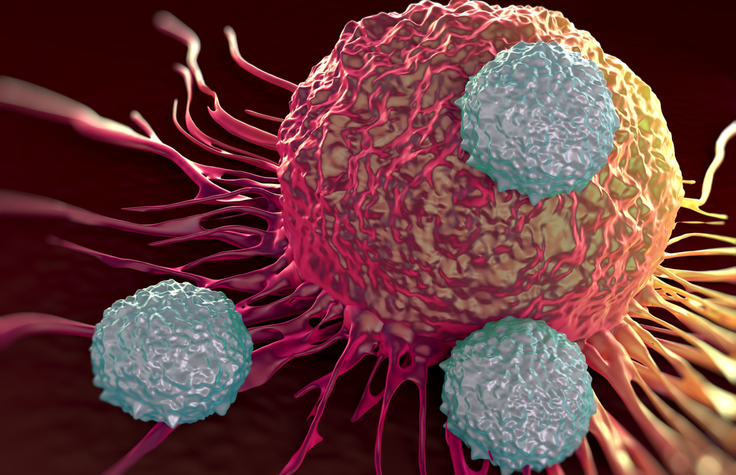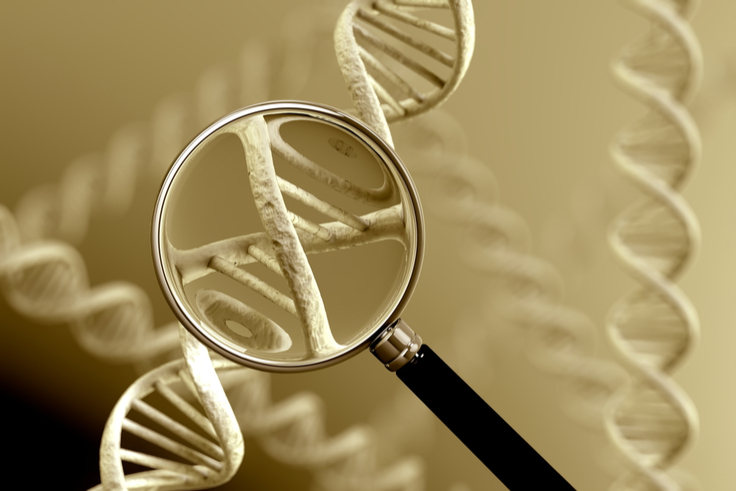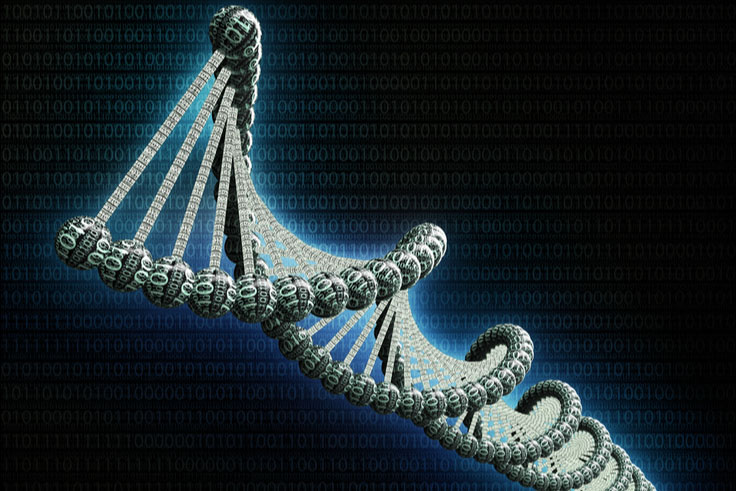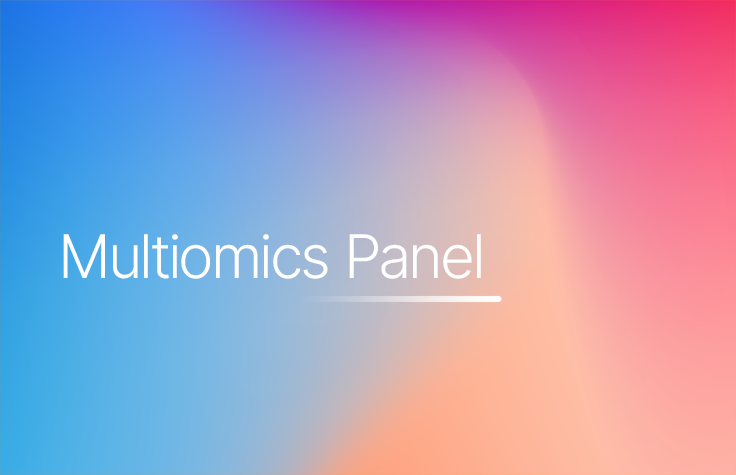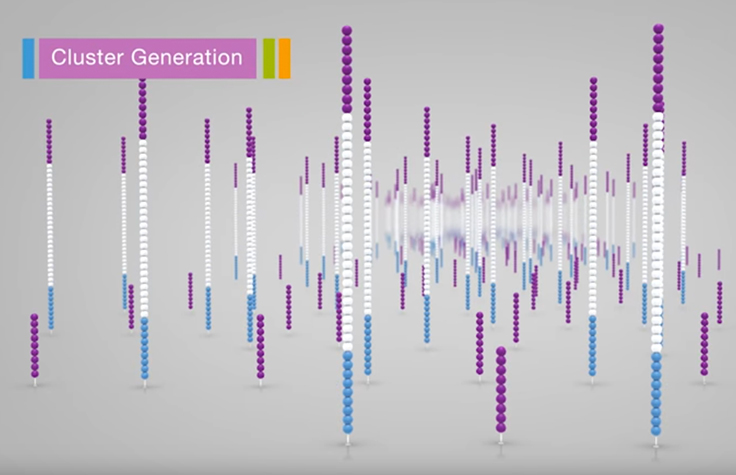HLAシーケンス
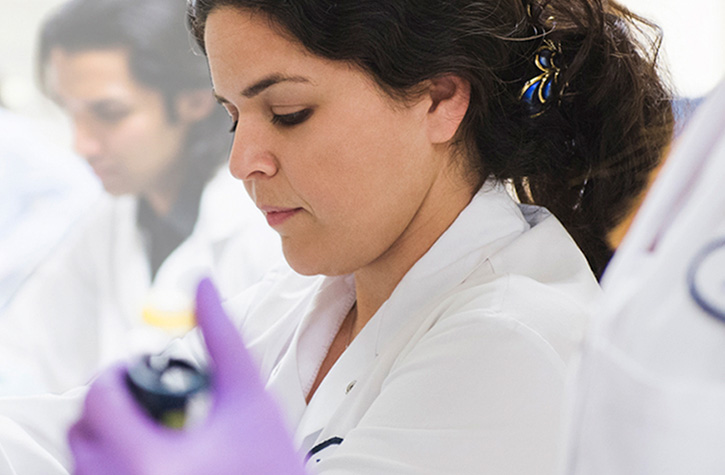
高精度HLAシーケンスの効率化
HLA領域のシーケンスは、免疫障害に関する重要な洞察を提供します。従来の方法で高解像度のヒト白血球抗原(HLA)タイピング結果を得るには、複数のアッセイ、システム、および解析プログラムが必要です。
次世代シーケンサー(NGS)によるHLAタイピングは、単一のアッセイ、システム、および解析プログラムを使用して、明白で、フェーズで解決されたHLAタイピング結果を生成します。

NGSベースのHLA解析の利点
HLA領域は、ゲノムの中で最も密度の高い多型領域です。かつては、HLA遺伝子と偽遺伝子の配列相同性が高いこと、ばらつきが激しいこと、集団内の何千ものHLAアリルの特性評価が不良であることから、HLA遺伝子のシーケンスは困難であったことが知られています。
イルミナのsequencing by synthesis(SBS)ケミストリーを用いたNGSは、これらの課題を克服し、主要なHLA遺伝子のシンプルで高品質な解析を可能にします。イルミナのSBSケミストリーは、高い精度と堅牢性を備えた、世界中で広く採用されているNGSテクノロジーです。
HLA解析へのNGSの適用
原則として、NGSはサンガー法(キャピラリー電気泳動ベース)シーケンスに似ています。DNA断片の塩基は、各断片がDNA鋳型鎖から再合成される際に放出されるシグナルから連続的に識別されます。NGSはこのプロセスを拡大し、数百万の反応が大規模に並行して起こります。この進歩により、HLA領域などのDNAの大きな伸長の迅速なシーケンスが可能になります。
フェーズレゾルベーションHLAシーケンス解析
イルミナのNGSテクノロジーは、ペアエンドシーケンスをサポートしています。これは、HLAタイピングの成功に不可欠なユニークな機能です。ライブラリーDNA断片の末端をシーケンスすると、高品質の塩基コールが生成されます。2つのリード間の物理的なリンク(同じクローン増幅ライブラリーDNA断片から発生)により、各リードペアで見つかったバリアントの関連付けが可能になります。ペアリード間の距離は、ランダムなライブラリー断片生成プロセスの結果として異なり、2つのバリアントのフェーズの直接的な分解能を可能にします。
免疫疾患に関する洞察を得る
NGSとマイクロアレイソリューションにより、研究者は潜在的な自己免疫疾患のメカニズム、免疫レパートリー、腫瘍免疫原性、免疫関連遺伝子変異の機能的影響を調べることができます。
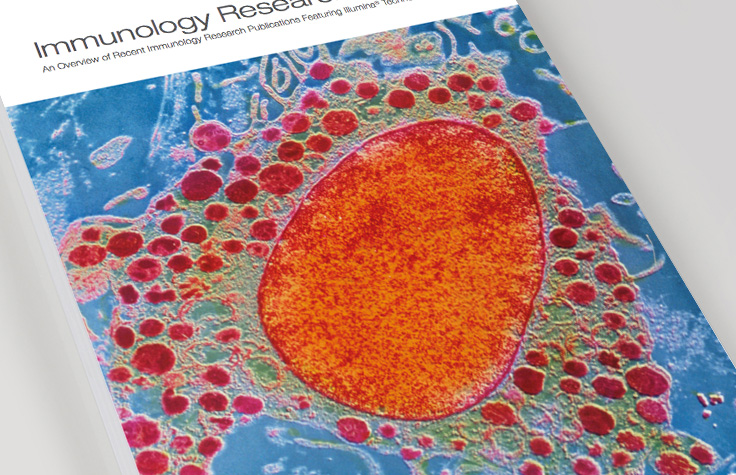
マルチプレックスの利点
マルチプレックスにより、1回の実験で多数の遺伝子座を同時にシーケンスすることができます。個々の“バーコード”シーケンスが各座位に追加されるため、HLAシーケンスデータ解析中に区別することができます。
サンプルからレポートまでのHLAタイピング
TruSight HLA v2 Sequencing Panel (当初はイルミナが開発し、現在はCareDxから入手可能)は、11の遺伝子座のフェーズ解決したサンプルからレポートまでのHLAタイピングを、1つのアッセイで、1つのワークフローで、1台の装置で、数十のサンプルを同時に行うことができます。すべての遺伝子座のすべてのサンプルの曖昧さを解決する時代は過ぎ去りました。TruSight HLAは、初めて超高解像度のタイピング結果を提供します。
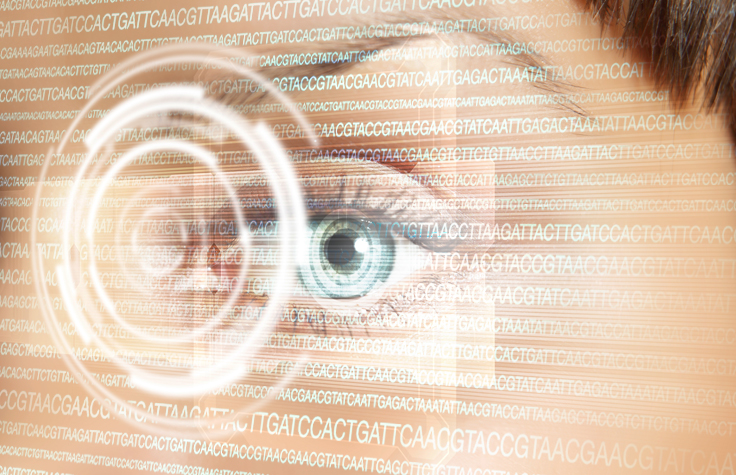
注目のシーケンス装置
- MiniSeqシステム:低いサンプル数でも 低い購入価格とコスト効率で、MiniSeqシステムは幅広いターゲットDNAおよびRNAアプリケーションを可能にします。
- MiSeqシステム:ターゲットリシーケンス、メタゲノミクス、ターゲット遺伝子発現プロファイリングなどの アクセスに焦点を当てたアプリケーション。
Interested in receiving newsletters, case studies, and information on HLA sequencing? Enter your email address.
*社内計算データ Illumina, Inc., 2015
